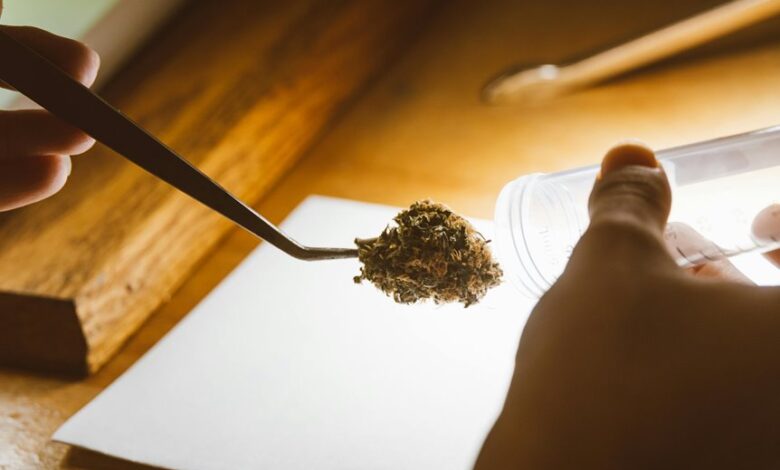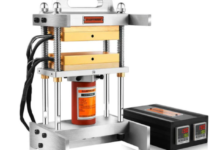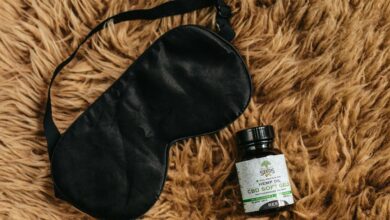Does Cbd Show on a Drug Test

The relationship between CBD and drug testing is complex. CBD, or cannabidiol, is distinct from THC, the psychoactive component of cannabis. Standard drug tests primarily target THC and its metabolites. However, the presence of trace amounts of THC in some CBD products raises concerns about possible positive results. Understanding the nuances of CBD types and testing methodologies is essential for clarity. What implications does this have for users in various settings?
Understanding CBD and Its Origins
Cannabidiol (CBD) is a prominent compound derived from the Cannabis sativa plant, known for its therapeutic properties without the psychoactive effects associated with tetrahydrocannabinol (THC).
Its origins trace back to ancient civilizations that utilized hemp for medicinal purposes.
Today, CBD benefits range from alleviating anxiety to reducing inflammation, fostering a growing interest in its applications for health and wellness, independent of intoxicating effects.
The Difference Between CBD and THC
Understanding the distinction between CBD and THC is crucial for consumers and healthcare professionals alike.
CBD offers numerous benefits, including anti-inflammatory and anxiolytic properties, without inducing psychoactive effects.
In contrast, THC is known for its euphoric effects and potential side effects, such as anxiety or paranoia.
Recognizing these differences enables individuals to make informed choices regarding their health and wellness.
How Drug Tests Work
Drug tests typically analyze biological samples, such as urine, blood, or saliva, to detect the presence of specific substances, including THC and its metabolites.
Various drug test types exist, utilizing different testing methods, such as immunoassay and gas chromatography-mass spectrometry (GC-MS).
Each method offers distinct advantages regarding sensitivity and specificity, impacting the accuracy of results and the interpretation of substance use.
Factors That Could Affect Drug Test Results
While many factors can influence the outcomes of drug tests, the most significant variables include the type of substance consumed, the frequency and amount of use, individual metabolism, and the sensitivity of the test employed.
Additionally, various testing methods can yield different results, impacting interpretations and potential legal implications for users.
Understanding these factors is crucial for navigating the complexities of drug testing.
Conclusion
In the intricate landscape of drug testing, the shadow of CBD looms large, often misunderstood. While pure CBD products typically evade detection, the specter of THC contamination can haunt users, transforming a seemingly innocuous choice into a potential source of anxiety. Consumers must navigate this terrain with caution, choosing reputable sources like skilled navigators charting a course through foggy waters. Ultimately, informed decisions can illuminate the path, ensuring peace of mind amidst the uncertainty surrounding drug test outcomes.






